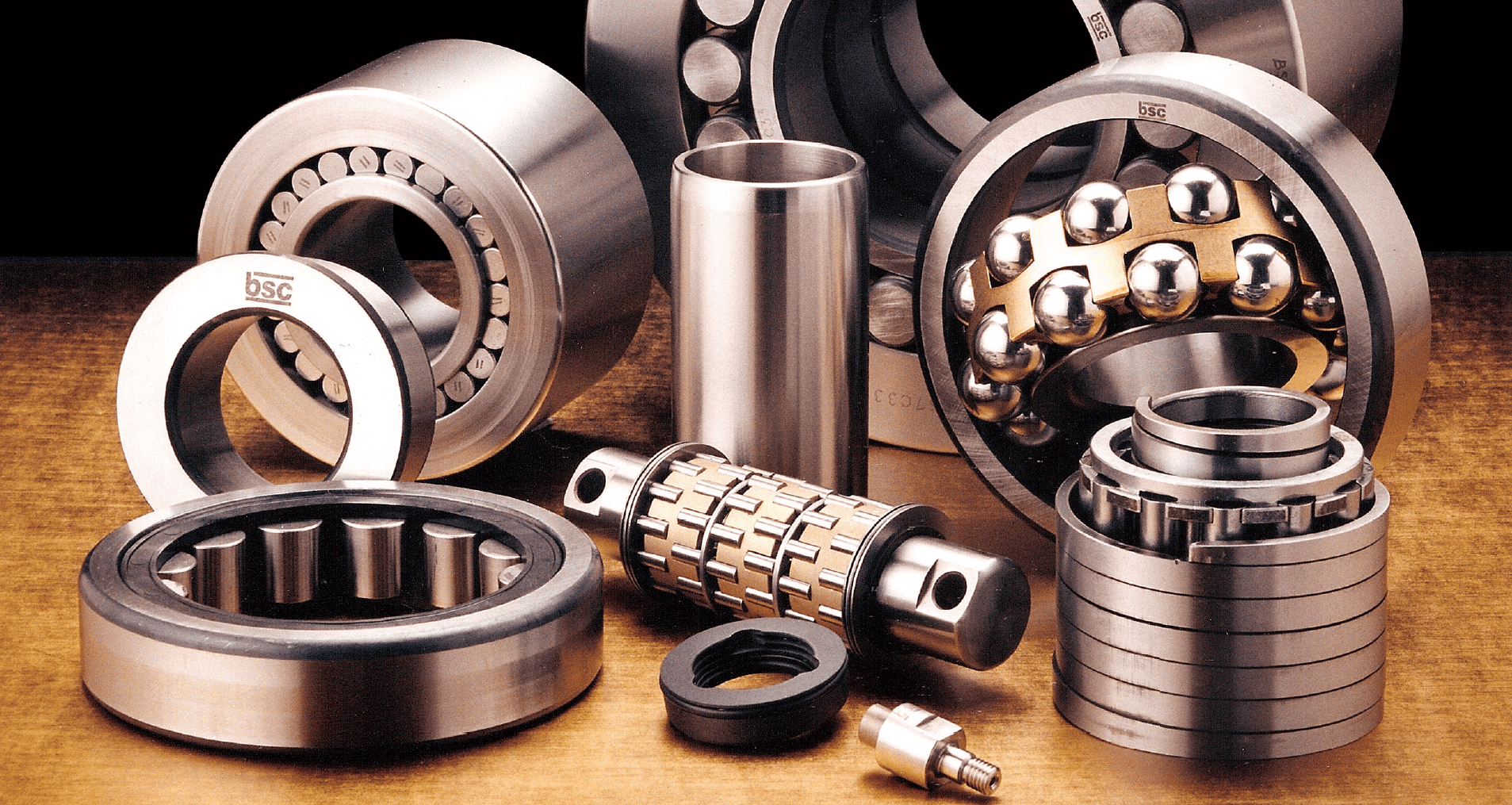Heat Treatment.
Your Premier Source For USA Manufactured Bearings.
Heat Treatment
While heat treatment may not be the first thing that comes to mind for customers looking for bearing manufacturing services, it is, nevertheless, an integral part of the BSC production process. Heat treatment is used to fortify the bearing material against the wear and tear that components face during use.
The specific type of heat treatment implemented will depend on the unique requirements of different bearing types and the materials that they are constructed with. For stronger and more durable bearing parts, invest in a company that provides comprehensive heat treatment services. At BSC, all heat treatment certificates for these services are filed with the job shop and process sheets for future tracking.
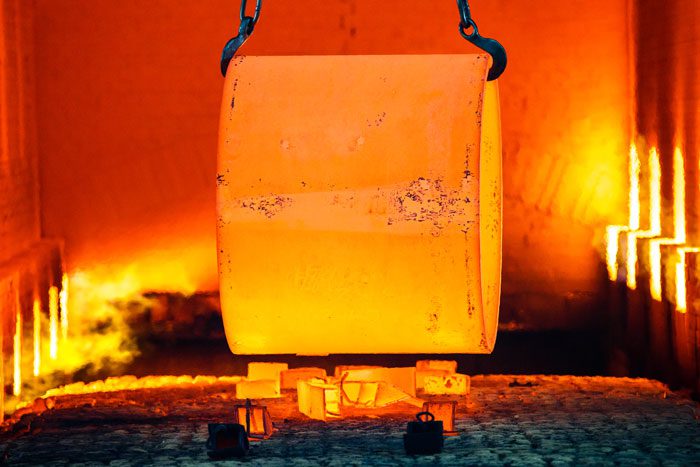
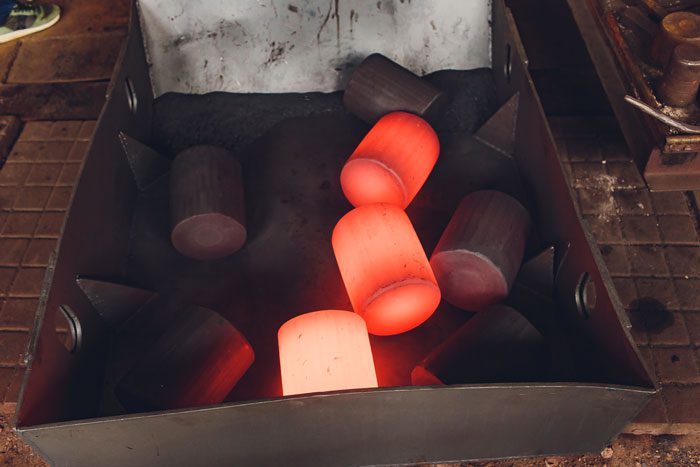
Bearing Preparation for Heat Treatment
Before heat treatment services can begin, bearing components must undergo a basic preparation process to ensure the best possible end results. This preparation stage involves visual inspections of the bearing components, verifying that each part is free from distortions or damage before the heat treatment process commences. By employing thorough inspections, BSC avoids needless waste and improves the efficiency of the heat treatment process.
Standard Bearing Component Heat Treatment
Most bearing components are hardened and tempered to provide either a through-hardened part with hardness range of 58 to 62 Rockwell C scale, or a case-carburized part with a relatively soft core and hard outer surface.
While BSC is able to perform both heat treatment services, the two services are not fully interchangeable, as each presents advantages for specific projects. High-carbon steels, such as 52100 and 440C, are used for through hardening and lower-carbon steels, such as 8620, 3310, and 9310 are used for case-carburized parts. Explore the differences below:
Why Use Case-Carburized Heat Treatment
The case-carburized heat treatment process is unique because it allows the bearing material to remain “soft” at the core. Because of this, case-carburized parts are less likely to fracture during impact or under load compared to through-hardened material.
Consistency is Key for CNC Machining Services
All operations are performed according to process sheets to keep processes consistent. Finished machined parts are identified and sent to heat treat.
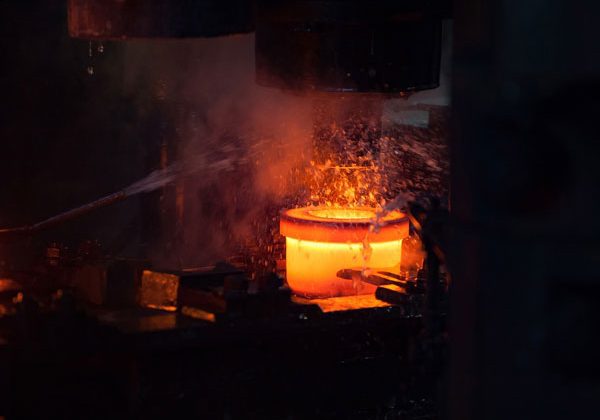
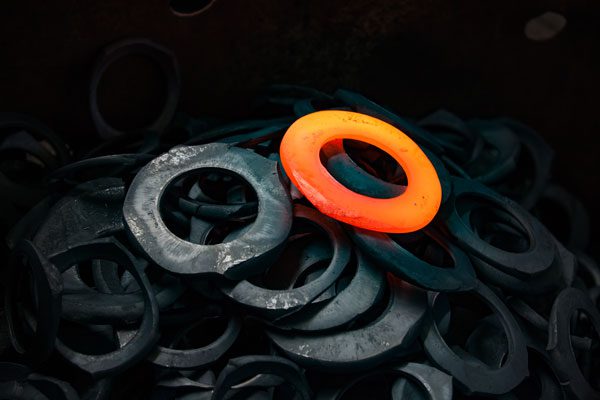
Why Use Through-Hardening Heat Treatment?
Through-hardening is the alternative method to case-carburized heat treatment. This process is used for projects requiring uniformity in hardness and part strength. This process not only strengthens the core, but hardens the entirety of the bearing material. Because this heat treatment method is the most cost-efficient option, many customers choose through-hardening for their bearing orders.
Our Manufacturing Capabilities:
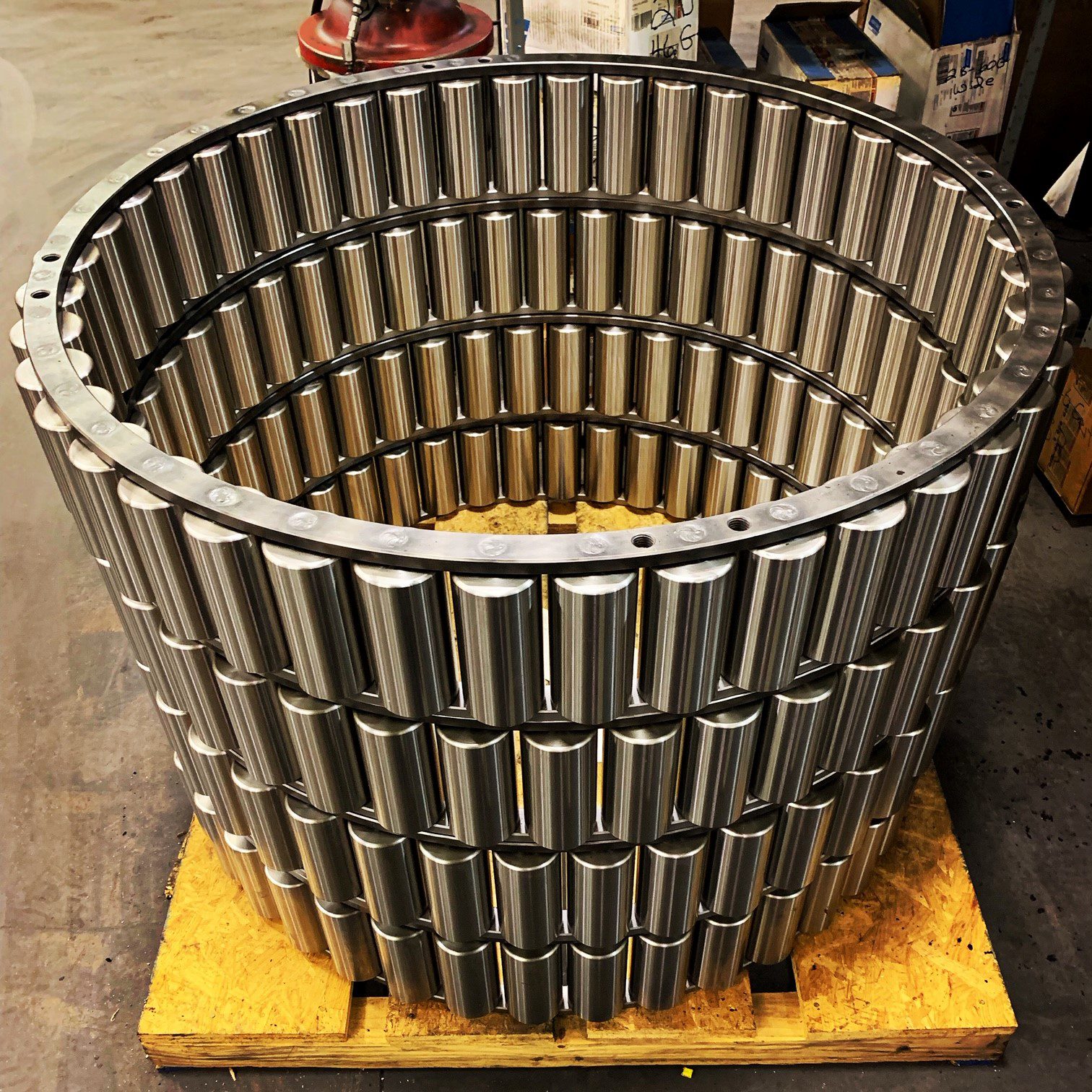
Bearing Types
- Ball Bearings
- Cylindrical Roller Bearings
- Thrust Bearings
- Tension Leveler Units
- Z-Mill Bearings
- Linear Bearings
- Sleeves
- Bearing Components
- Specialty Bearings
- Discontinued Bearings
Size Range
- 2″ ID to 60″ OD
Precision Level
- ABEC 1, ABEC 3, ABEC 5, ABEC 7
- RBEC 1, RBEC 3, RBEC 5, RBEC 7
- P0, P6, P5
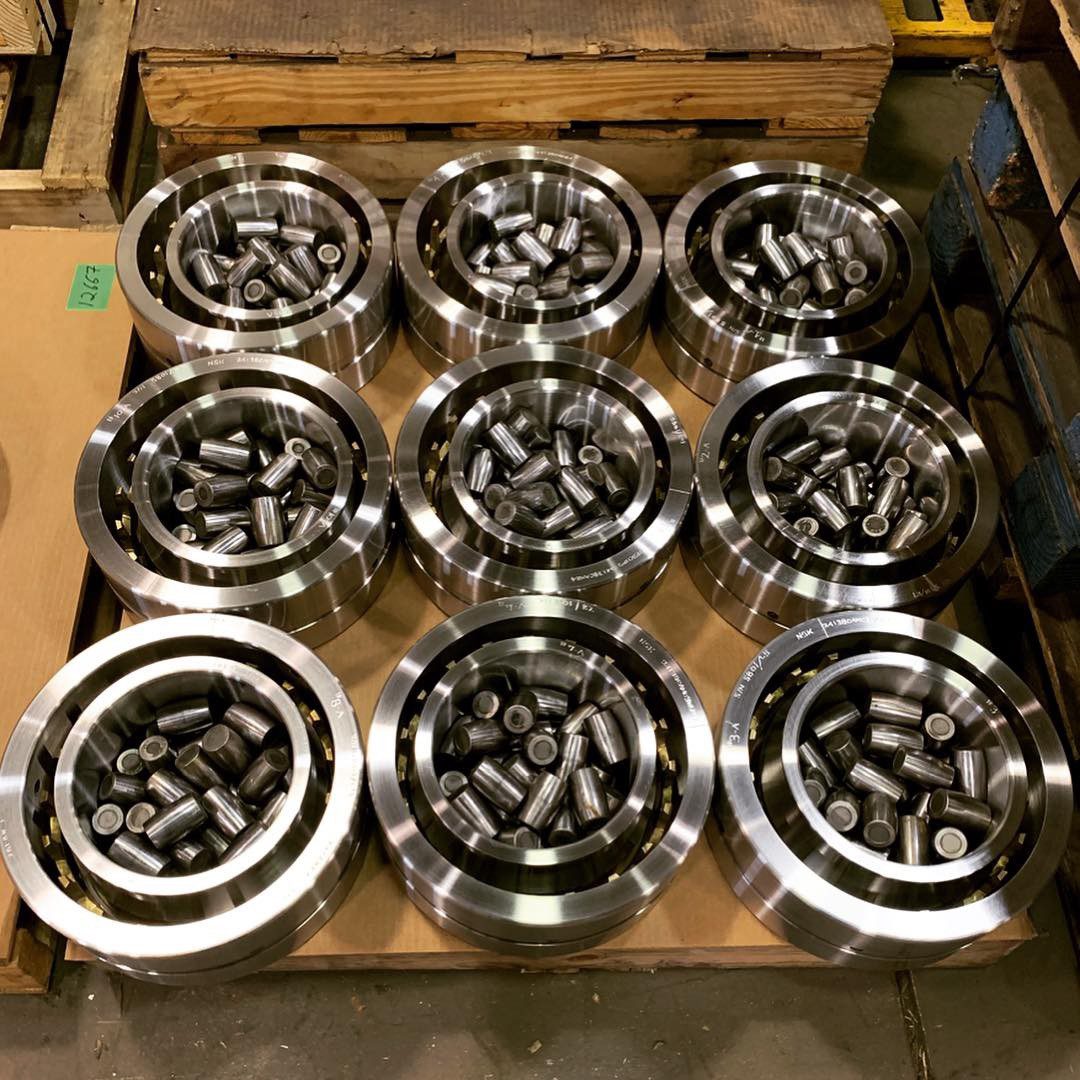
Materials
- Through Hardened Steels
- 52100
- 440C Stainless Steel
- M50
- Case Carburizing Steels
- 8620
- 3310
- 9310
- Cage Materials
- Bronze
- Brass
- Steel
- PTFE, Nylon
- Ductile Iron
BSC is not restricted to a certain grade of steel for bearing manufacturing, and instead, accommodates the requirements for customers’ applications. This includes special tool steels for high-temperature stability as well as corrosion-resistant bearings.
All material certificates are filed in accordance with ISO requirements for future tracking and cross-referencing.

